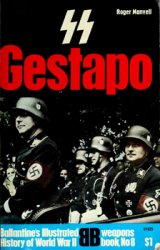Along with public entertainment and recreation, some Romans-mostly the rich-enjoyed entertaining at home in private groups. The wealthy opened their homes to friends and important guests and served fancy banquets. At these private parties, guests usually sprawled out on couches, and during nice weather the meals were served outside. These banquets could last as long as 10 hours, with many courses. The entertainment might also include music, dancing, and poetry readings.
Romans with less money could not afford to entertain in their homes, but they still wanted to eat and drink with friends. Many joined associations that the Romans called collegia (the root of the English word college). The collegia were like today’s social clubs, in which members pay dues. Eating and drinking together was the focus of monthly meetings. Some collegia were only for the members of a specific profession, others were centered around shared religious beliefs or where the members lived. One type of collegia was known as a funeral club. Members paid dues and when they died the club paid for their funeral.
Children also had their own entertainment. Indoors, they played board games. Just as today, they might also play with dolls or shoot marbles. Outdoors, Roman children played games similar to leap frog and hide-and-seek. Most children, however, did not have much time for playing. In poor families, children were expected to help with the farm or perform other chores starting at an early age.
Running Hot and Cold
Roman bathers went through a routine when they used baths. After completing their exercises, they went into the tepidarium, which held a pool of warm water. The next step was the calidar-ium, filled with hot water heated by a furnace. Finally, the last bath came in the cold waters of the frigidarium. The names of three different baths show some similarities to modern English words. Tepid is used to describe a mildly warm temperature—or a person's mild reaction to some event. Calor, the Latin word for heat, can be seen in the word calidarium, and is also the root for calorie, an English word for a measure of heat. Frigid is an English word for a cold temperature or a person with a cold personality, and a form of the word also appears in refrigerator.





 World History
World History









